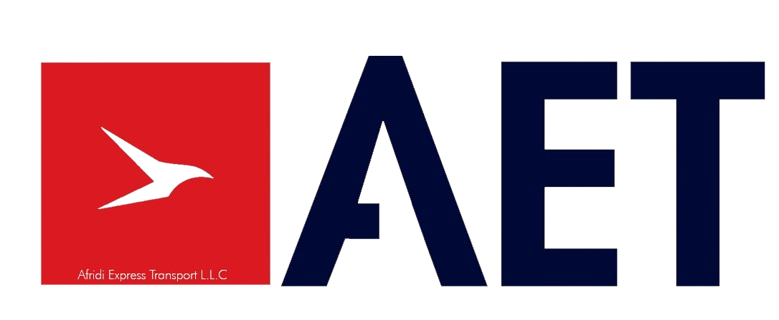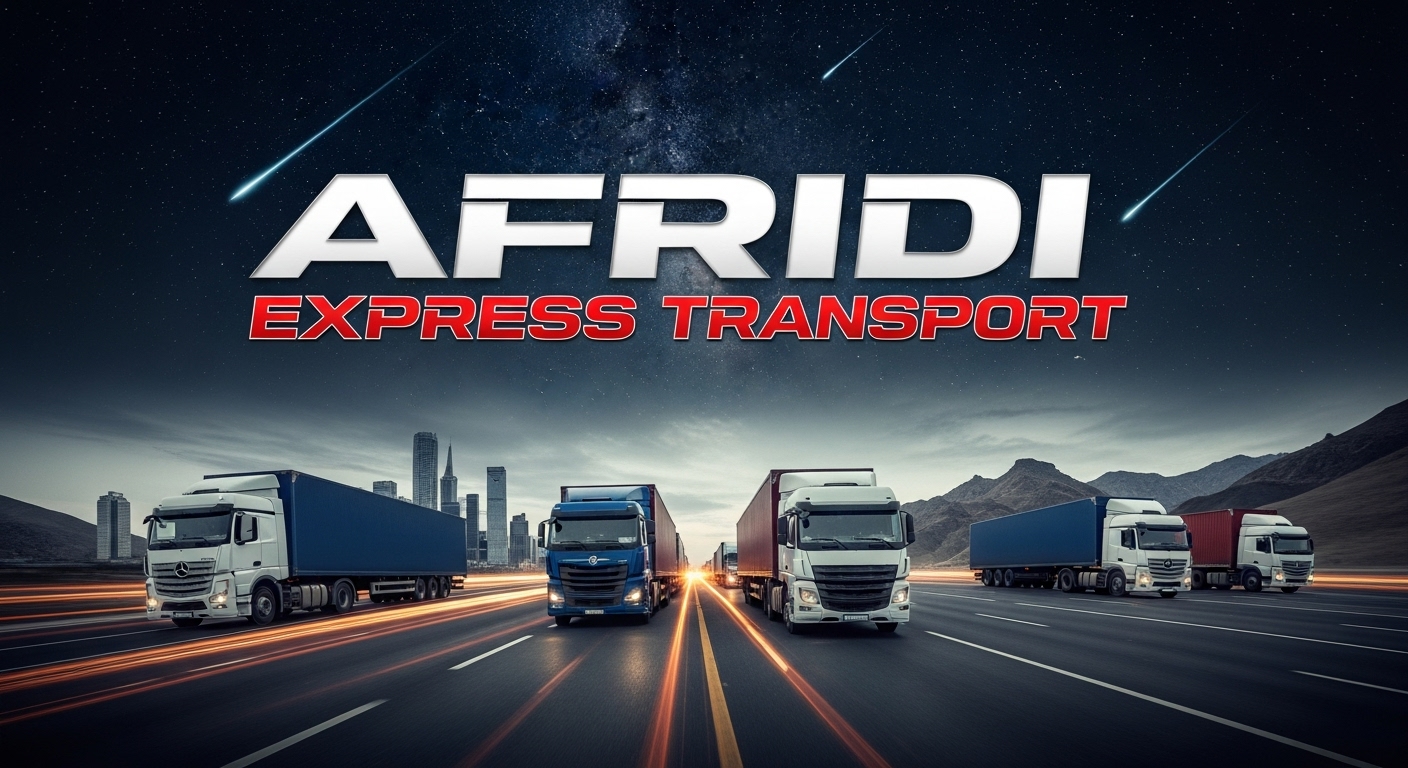
As we navigate through 2025, the United Arab Emirates continues to cement its position as the Middle East’s logistics powerhouse. From technological enhancements to optimized traditional practices, the transportation landscape is evolving to meet growing demands while maintaining the reliability and efficiency that businesses depend on.
1. AI-Powered Route Optimization: Smart Planning for Traditional Fleets
Artificial intelligence is revolutionizing how logistics companies plan and execute deliveries using their existing fuel-powered fleets. Advanced algorithms now analyze traffic patterns, weather conditions, and fuel consumption to create optimal routes that reduce costs by up to 25% while improving delivery times.
Modern logistics providers are implementing AI systems that can predict peak traffic hours, suggest alternative routes in real-time, and even anticipate maintenance needs for their conventional vehicles. This technology is particularly valuable in Dubai’s complex road network, where construction projects and events can create unexpected delays for traditional transport operations.
2. Enhanced Fuel Efficiency: Maximizing Traditional Vehicle Performance
The UAE’s logistics industry is achieving remarkable efficiency gains through advanced fuel management and vehicle optimization technologies. Modern fuel-powered vehicles equipped with efficiency monitoring systems are delivering better performance than ever before, with some fleets achieving 20-30% improvements in fuel economy.
Several logistics companies are implementing advanced engine management systems, aerodynamic improvements, and driver training programs that maximize the performance of traditional diesel and petrol vehicles. These proven technologies offer immediate benefits without the infrastructure challenges of alternative fuel systems.
3. Road Network Optimization: Mastering Ground Transportation
Dubai’s comprehensive road infrastructure development and traffic management systems are creating unprecedented opportunities for ground-based logistics operations. Advanced traffic coordination and dedicated freight corridors are reducing delivery times and improving reliability for traditional road transport.
The Dubai Roads and Transport Authority continues to invest in road infrastructure that supports heavy freight movement, ensuring that traditional logistics operations can handle growing volumes efficiently. This foundation remains the backbone of the UAE’s logistics success.
4. Blockchain for Supply Chain Transparency
Blockchain technology is creating unprecedented transparency in UAE logistics operations. From tracking pharmaceutical shipments to verifying the authenticity of luxury goods, blockchain provides an immutable record of every transaction and movement, regardless of the transportation method used.
This technology is particularly valuable for international trade, where multiple parties need access to shipping documentation and customs clearance information. The reduction in paperwork and processing time has improved efficiency by up to 40% for cross-border shipments using traditional transport methods.
5. IoT-Enabled Fleet Management: Connected Traditional Transportation
Internet of Things (IoT) sensors are transforming traditional fleet management by providing real-time data on vehicle performance, driver behavior, and cargo conditions. These smart systems can detect maintenance issues before they cause breakdowns and monitor temperature-sensitive shipments throughout the journey in conventional vehicles.
Fleet managers can now track fuel consumption, optimize driver schedules, and ensure compliance with safety regulations through comprehensive IoT networks that connect every traditional vehicle in their operations, maximizing the efficiency of proven transportation methods.
6. Advanced Driver Assistance Systems: Supporting Professional Drivers
The UAE logistics industry is enhancing traditional vehicle operations with advanced driver assistance technologies. Features like collision avoidance, lane departure warnings, and fatigue monitoring are improving safety and efficiency for professional drivers operating conventional vehicles.
These systems complement rather than replace human expertise, ensuring that experienced drivers can operate more safely and efficiently while maintaining the personal touch and adaptability that traditional logistics services provide.
7. Micro-Fulfillment Centers: Supporting Traditional Last-Mile Delivery
The rise of e-commerce has driven the development of micro-fulfillment centers in urban areas that work seamlessly with traditional delivery vehicles. These smaller, strategically located warehouses enable same-day and next-hour delivery services using conventional vans and trucks.
Dubai’s strategic location and excellent road infrastructure make it ideal for these distributed fulfillment networks that rely on traditional ground transportation to serve local customers and regional markets across the Gulf.
8. Sustainable Packaging Solutions: Reducing Environmental Impact
Environmental consciousness is driving innovation in packaging materials and design while maintaining compatibility with traditional transportation methods. Biodegradable packaging, reusable containers, and optimized package sizes are reducing waste while working perfectly with conventional vehicles.
This trend is particularly important for temperature-controlled shipments, where traditional refrigerated vehicles equipped with sustainable packaging solutions are maintaining temperature requirements while dramatically reducing environmental impact.
9. Cross-Border E-commerce Integration
The UAE’s position as a regional trade hub is being enhanced by seamless cross-border e-commerce solutions that rely heavily on traditional road transport networks. Advanced customs clearance systems and regional partnerships are enabling faster, more efficient international shipping via established transportation methods.
This integration is creating new opportunities for businesses to expand their reach across the Middle East and Africa, with the UAE serving as the primary logistics gateway supported by robust traditional transportation infrastructure.
10. Predictive Analytics for Demand Forecasting
Advanced analytics platforms are helping logistics companies predict demand patterns with unprecedented accuracy, enabling better utilization of traditional vehicle fleets. By analyzing historical data, seasonal trends, and external factors, companies can optimize inventory levels and resource allocation.
This capability is particularly valuable for managing the extreme seasonal variations in demand that characterize the UAE market, from Ramadan surge periods to summer tourism peaks, ensuring traditional logistics operations can scale effectively.
11. Collaborative Logistics Networks
The traditional competitive approach is giving way to collaborative logistics networks where multiple companies share resources and infrastructure while maintaining their conventional vehicle operations. This trend is reducing costs, improving efficiency, and providing better service coverage across all emirates.
Shared warehousing facilities, joint delivery networks using traditional vehicles, and collaborative transportation planning are becoming standard practices among forward-thinking logistics providers who understand the value of proven transportation methods.
12. Real-Time Visibility Platforms: Complete Transparency for Traditional Operations
Modern logistics operations now provide complete real-time visibility into shipment status, location, and condition, regardless of whether goods are transported via traditional vehicles or newer technologies. Customers can track their packages with GPS precision and receive proactive notifications about delivery schedules and potential delays.
For any logistics company in Dubai operating in 2025, these visibility platforms are essential for maintaining customer satisfaction and competitive advantage. The ability to provide instant updates and transparent communication has become a key differentiator in the market, especially for reliable traditional logistics services.
Embracing Proven Excellence in Logistics
These transformative trends demonstrate that traditional logistics methods remain the foundation of successful operations in the UAE. While new technologies emerge, the reliability, cost-effectiveness, and proven track record of conventional transportation methods continue to drive the industry forward.
The logistics industry in the UAE is evolving thoughtfully, leveraging technological innovation to enhance rather than replace traditional transportation methods. Companies that optimize their conventional operations while embracing supportive technologies will lead the market with the dependability and efficiency that businesses truly need.
Ready to experience reliable, proven logistics solutions? Partner with Afridi Express Transport LLC for professional transportation services that deliver results you can count on.
Phone: +971 50 263 6880
Recent Post
When it comes to transporting temperature-sensitive goods in the UAE, nothing matters more than precision, reliability, and consistency. Whether it’s
Transporting temperature-sensitive goods is never as simple as loading cargo and hitting the road. In the UAE’s climate—where scorching heat
When it comes to transporting temperature-sensitive goods, choosing the right vehicle can make all the difference. From catering businesses to
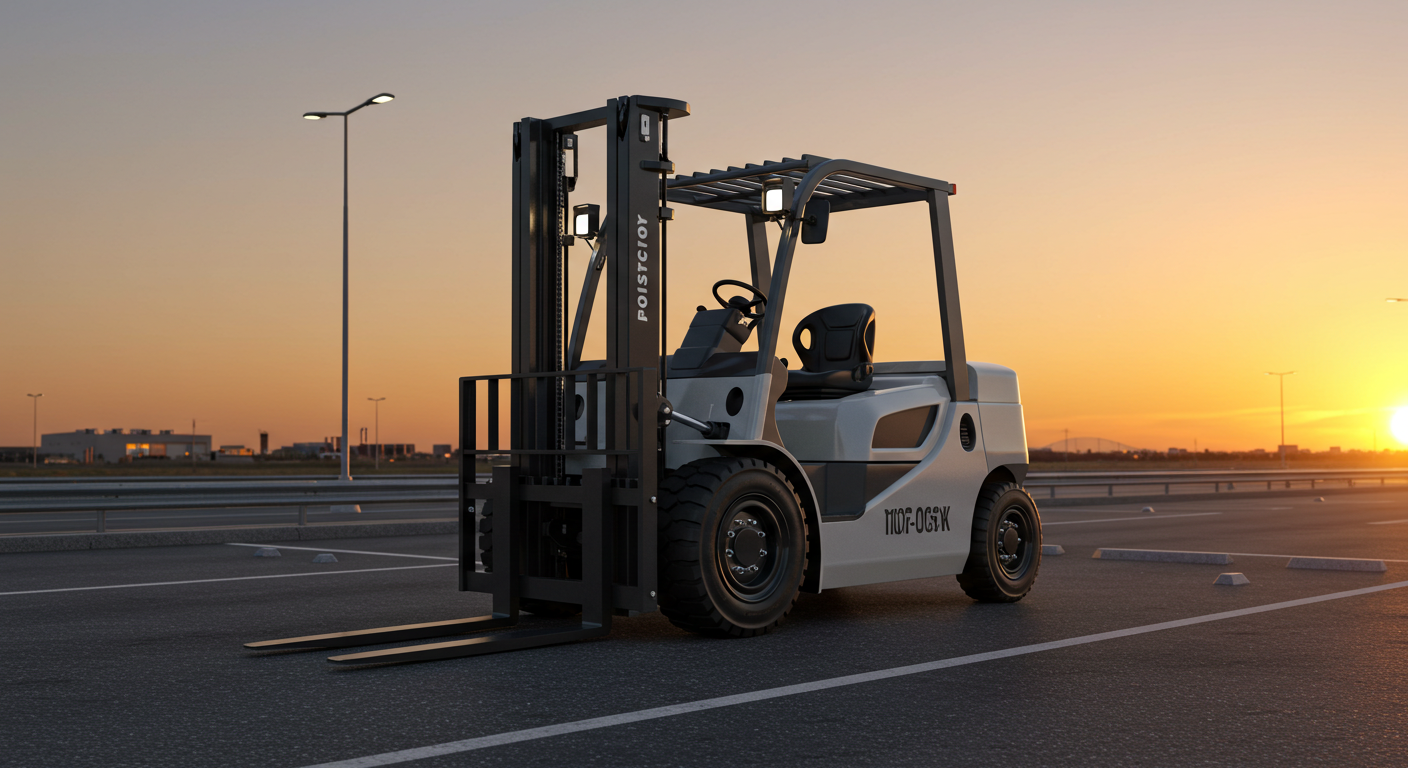
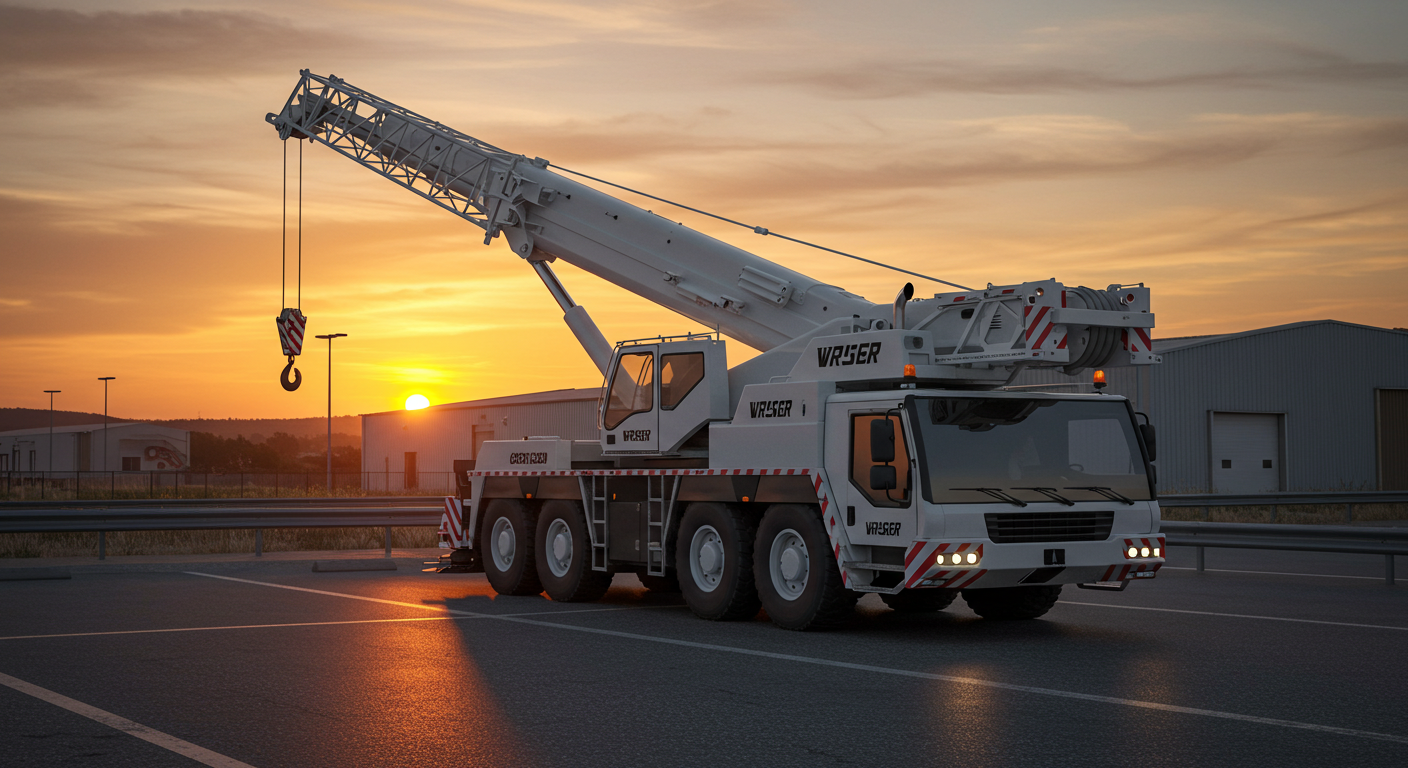
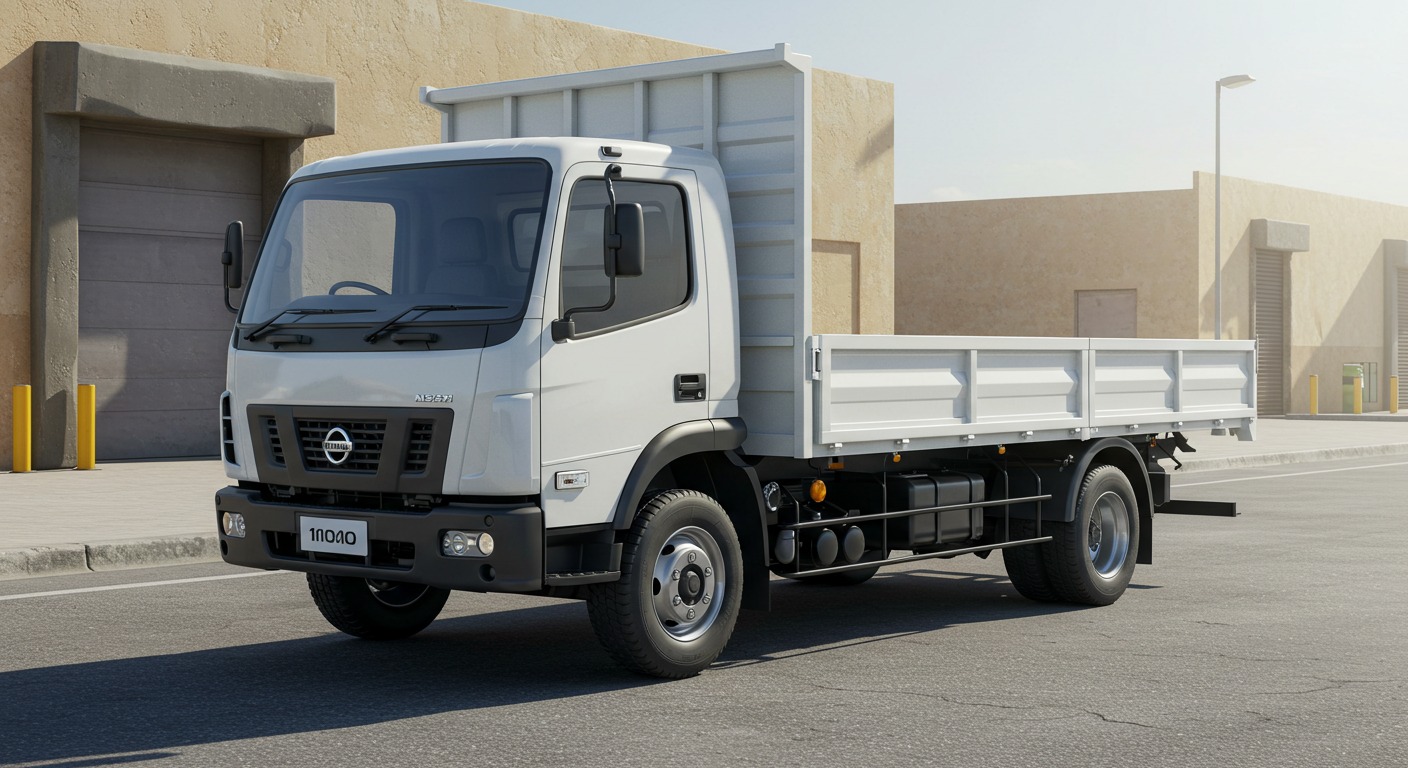
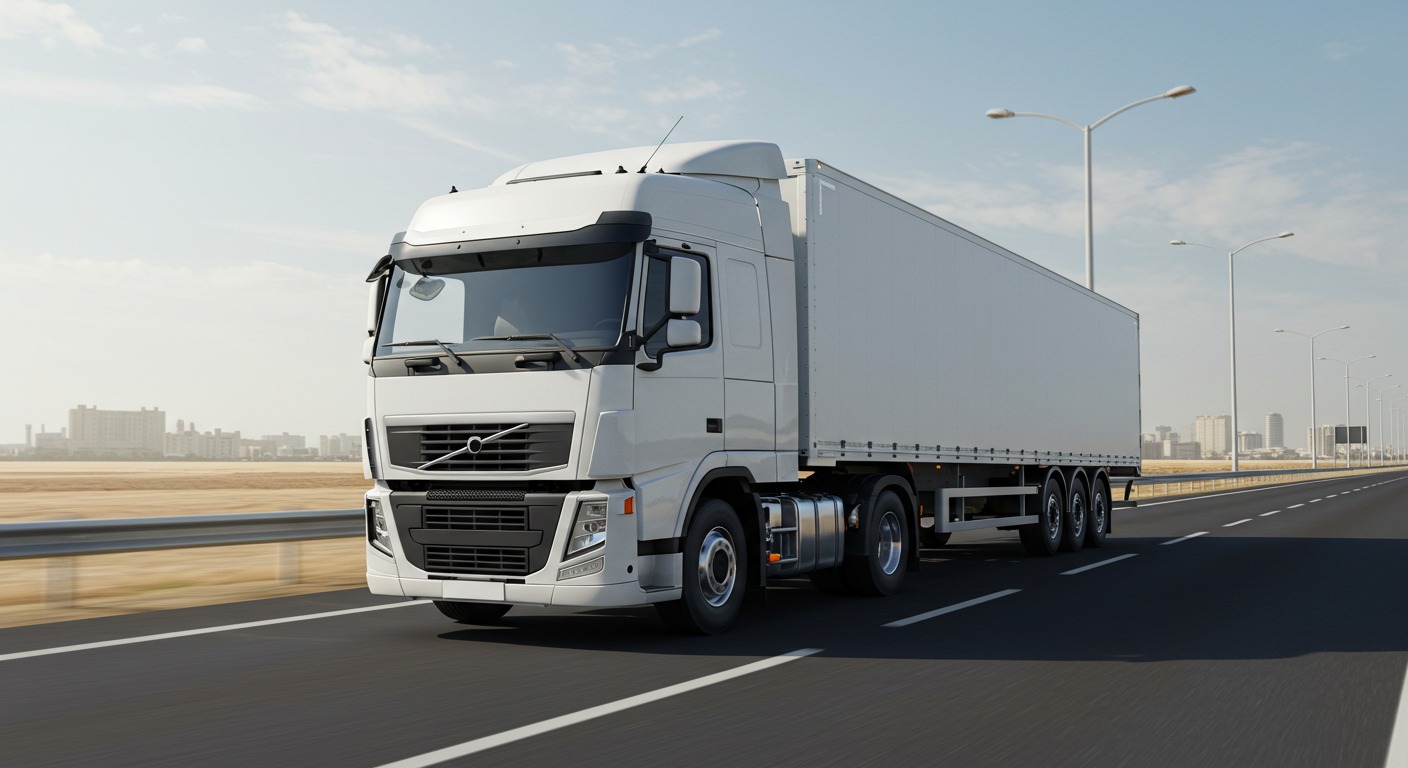
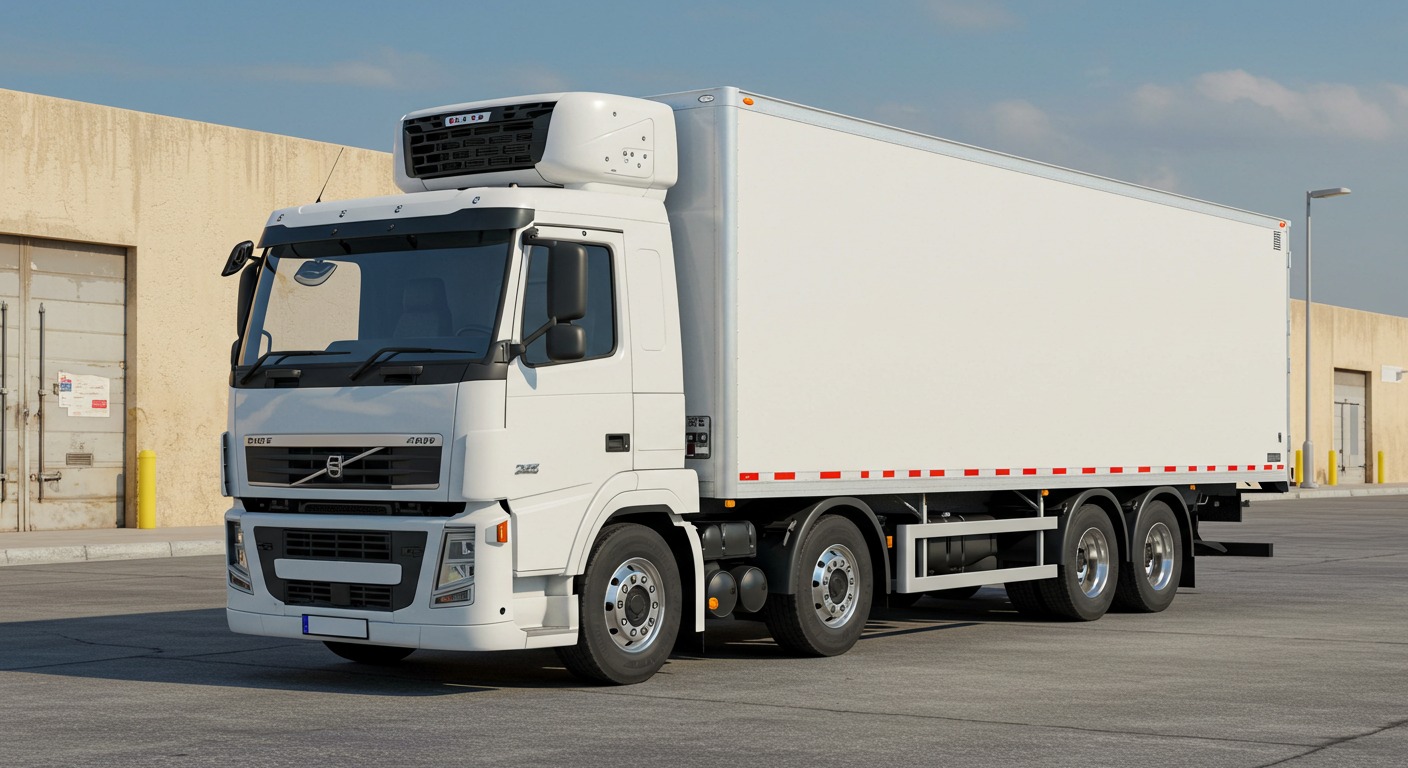
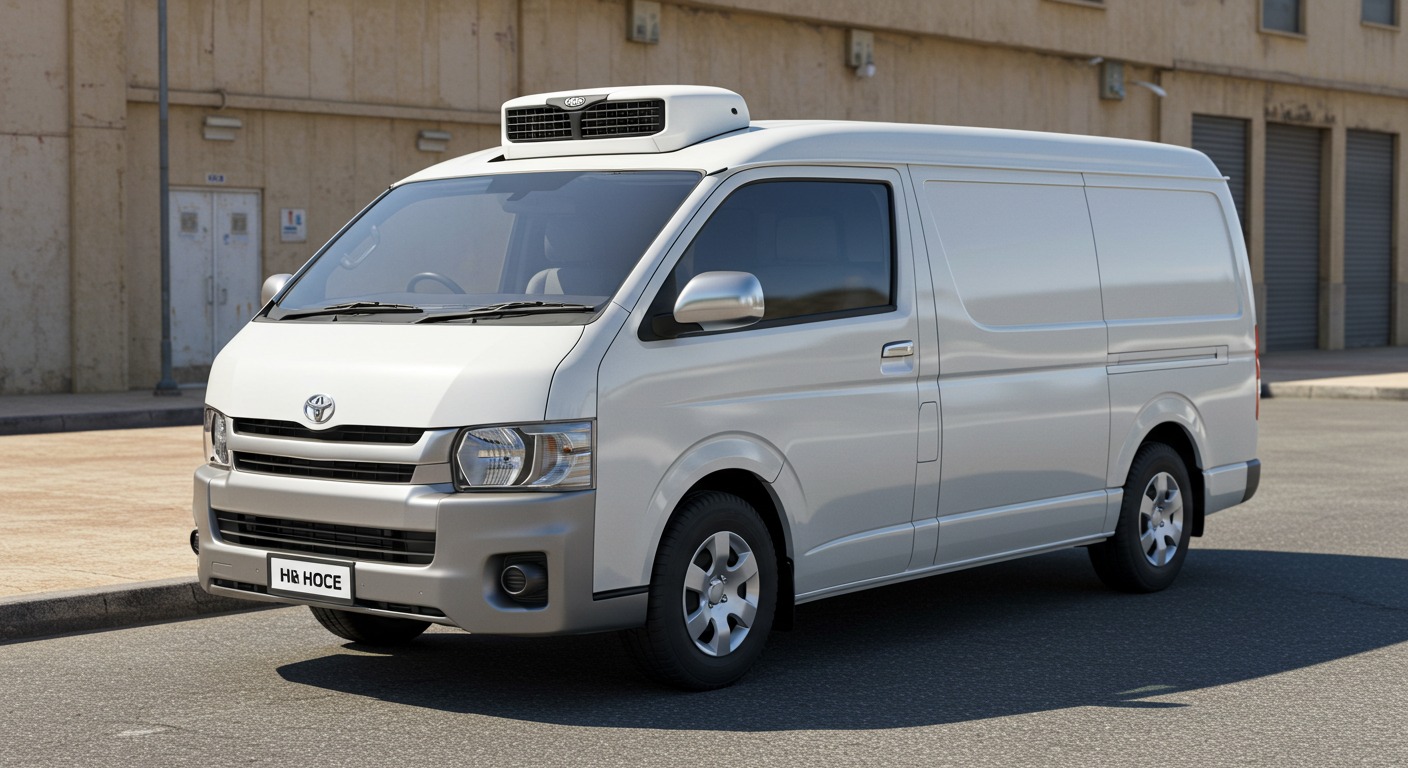
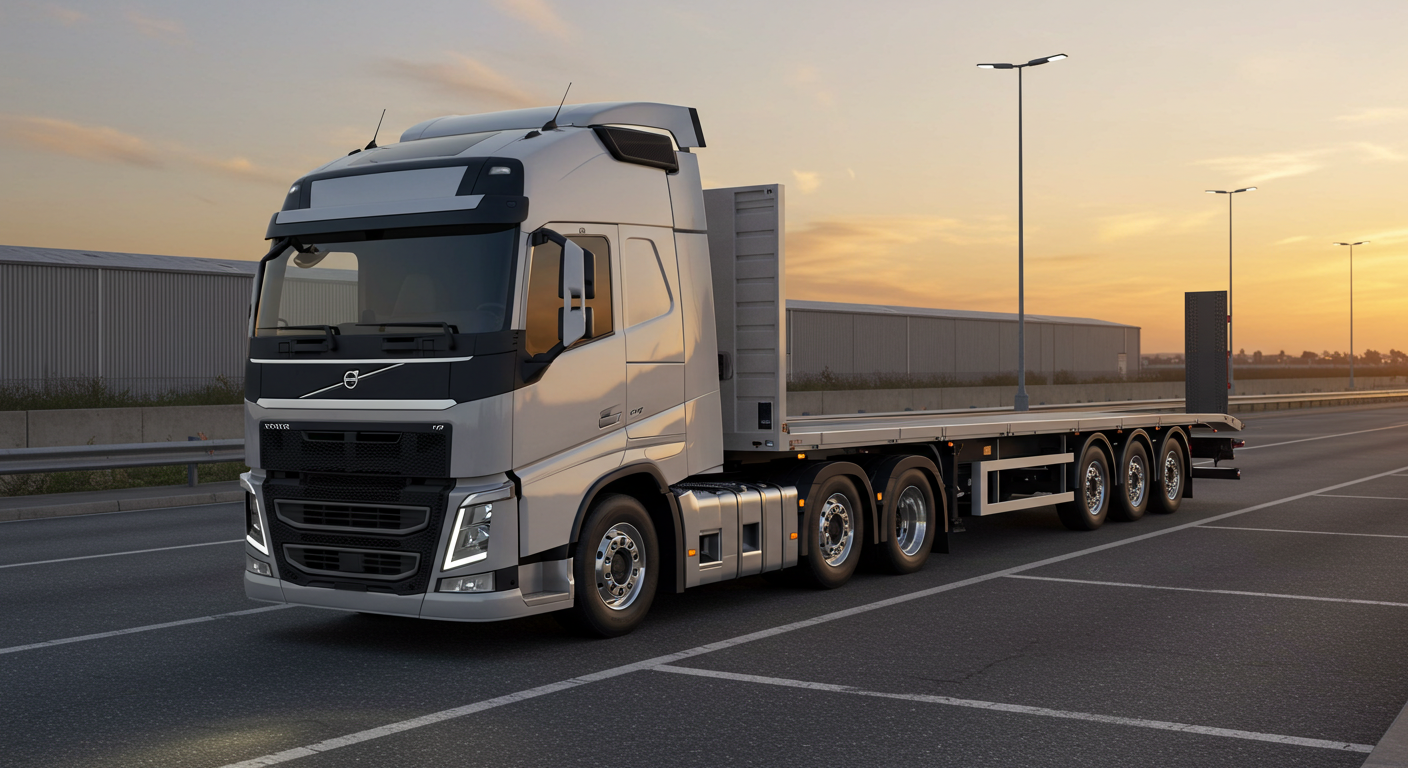
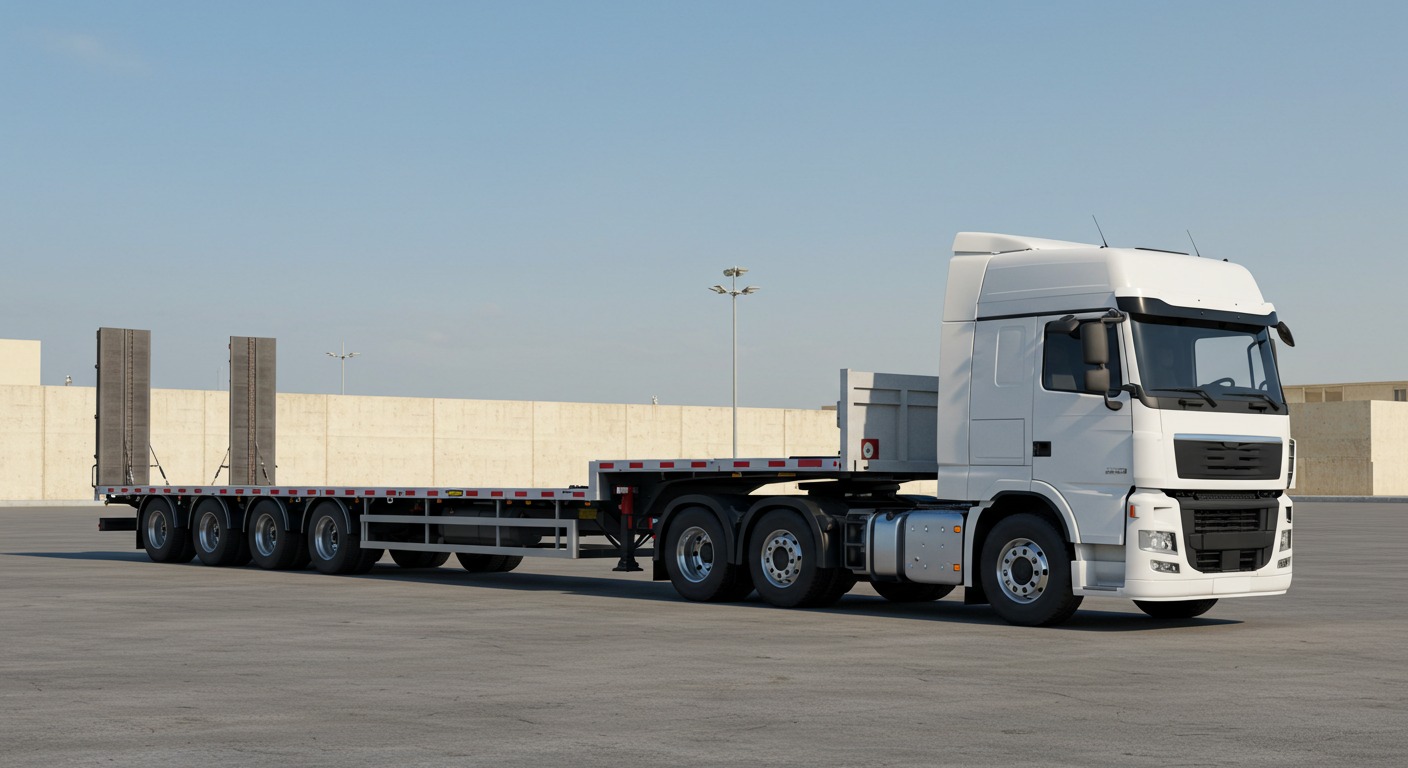
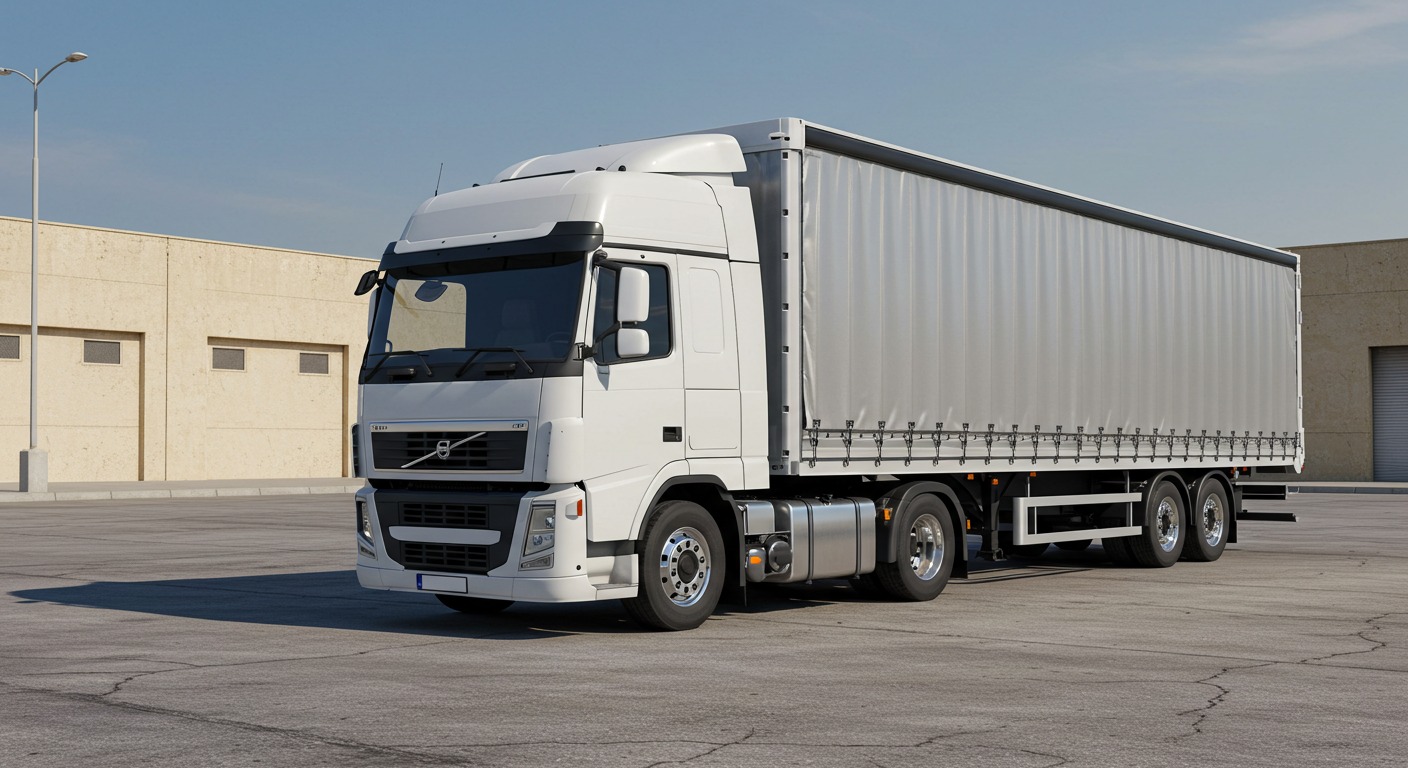
Connect With Us
- Call Us
- Email Us
- Visit Us
